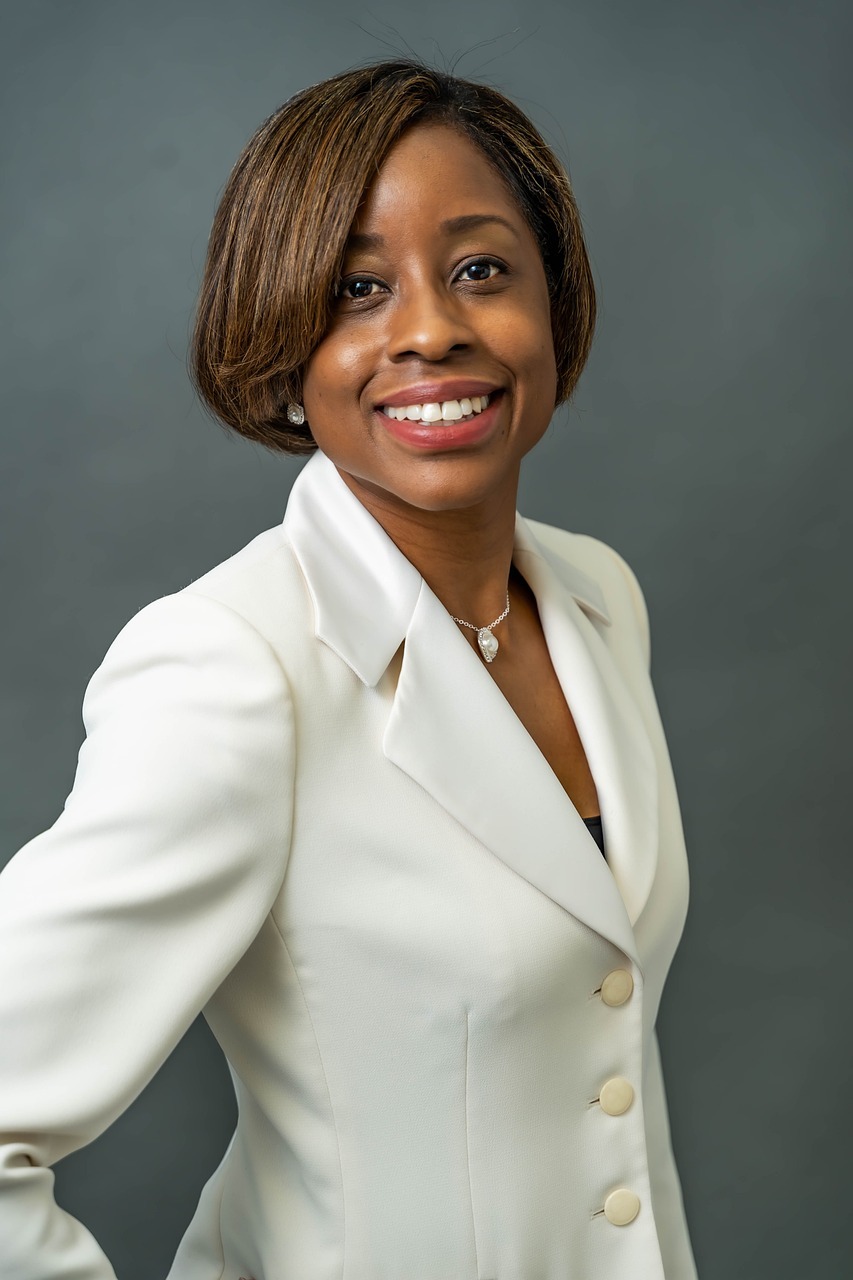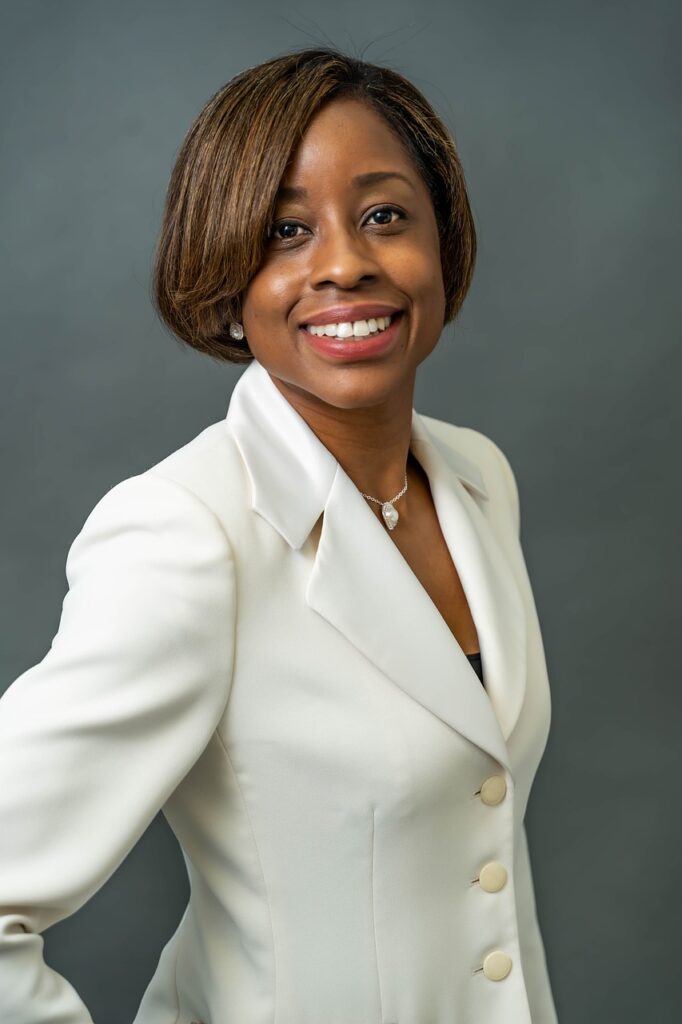Being known for authentic leadership is what my coaching clients are aiming for. It’s a real version of who they are and how they want to be known. When they talk about what they want from the coaching they use words like encouraging empathy, clarity, and decisiveness. These are all vital.
However, I believe courage is one of the most under-discussed authentic leadership skills. It’s particularly important to women leaders in STEM. Yet courage is vital as these women are often in the minority in any meeting they attend.
Moreover, courage is what moves individuals and organisational cultures forward. This is key if you want to be considered someone who embodies ‘authentic leadership’.
A recent coaching client, Sarah, spoke of wanting to speak up more often. Her focus was to get better mostly in meetings with senior stakeholders whom she wanted to impress.
This goal is relatively common, particularly amongst professional women in STEM.
These women rarely like ‘brown-nosing’ or repeating a point if they feel it’s been made by someone else. They’re also often dubious about contributing if not 100% sure of the answer; even when they realise 100% certainty is a rarity in any workplace.
However, these feelings should be considered completely normal for anyone who is surrounded by very few people with whom they identify.
I listened to Sarah speak of her desire to model ‘authentic leadership’. I noticed how often she used the word ‘courage’ in speaking of all that she ‘lacked’.
If you identify with Sarah, think through how you’d answer these questions:
1. What does courage mean to you and what would more of it achieve?
We drilled down into what it meant to build courage for Sarah; she rolled her eyes and said, ‘The problem is that I’m not very courageous.’
When working with my coaching clients, I love to help them rely on the evidence, not unsubstantiated fears. I asked how true it was that she wasn’t courageous, reminding her of how glowingly she’d spoken of a gap year in Asia she’d mentioned she’d taken a few years before I met her.
2. Use your evidence of authentic leadership – when have you already been courageous?
Additionally, I knew she’d recently set up a young professionals network within her organisation, as she felt she didn’t know her peers well enough. She smiled when we began to speak of what it took to build courage when canvassing people to see who would attend. I then asked,
‘And didn’t you leave home to attend university – a move you told me wasn’t popular with your family?’
That question opened the floodgates of ideas and examples where she had shown courage – a key part of authentic leadership.
As we talked about these moments, she began to reflect on how she’d used them to build courage in ways she’s previously dismissed. I asked how she would view them if someone else did those things – did they demonstrate courage or not?
She laughed and said: ‘Completely! I’d be so impressed!’ When I then asked, ‘What else have you done that is courageous?’ she rattled off another three things within the next five minutes.
3. What’s the new and more accurate story you want to tell yourself?
When I asked what it meant for her that she had quite a formidable list, Sarah smiled as she replied:
‘Courage has worked out for me!’
She then came up with several ways she could offer her observations and build courage in these meetings; now, she more readily identified herself as a courageous person based on her evidence.
What’s your evidence, and how could you use that more often?





